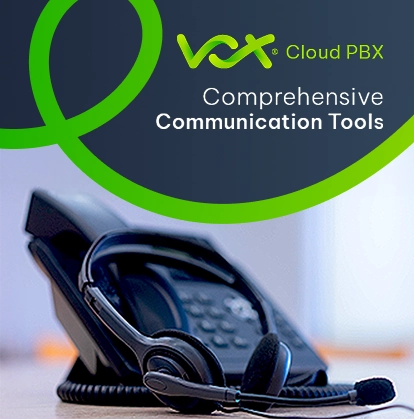While cost-conscious mobile customers are increasingly forgoing traditional cellular calls and using mobile app-based alternatives to benefit from lower data prices, these voice calling solutions do not provide an adequate alternative for South African business users.
Though people may think nothing of using a variety of instant messaging applications to place personal or social voice calls to friends and family, they are far more hesitant to use this method in their professional lives: to contact employees or employers, suppliers or service providers, or to reach out to prospective customers.
Add to this the fact that most instant messenger applications only let you reach out to people who are already in your address book, are already your ‘friends’, or need to have the same application installed on their phone; it becomes apparent that while these types of services can help us make cheaper voice calls, they are not suited for business or professional usage.
What organisations or entrepreneurs need is something that gives them the established benefits of having a traditional phone number, together with the cost competitiveness and mobility that using these alternative calling methods bring. Thankfully, there are purpose-built mobile applications on the market that help tackle these very challenges.
Instead of using consumer targeted instant messaging, the solution for businesses is to turn to a mobile application-based softphone service, such as Vox’s Vobi, which makes use of voice over internet protocol (VoIP) to make calls to any number, at reduced rates across South African networks. Despite a monthly subscription, basic data usage – set at around 500kb per minute-long call – and a flat-rate VoIP call cost, it still works out cheaper than using a traditional circuit switched cell phone call.
Uncapped calling subscription service offerings further help frequent callers save, as there is no additional call cost. Using locally-based servers and network infrastructure also means lower latency and higher quality voice calls, while calls between two people using the same application are free – with only their data being used.
Choosing the right solution
The shift being observed in the South African market is not a decline in voice calling, but where the service terminates. When it comes to businesses, voice traffic is increasingly moving off private branch exchanges (PBXs) and internal extensions and onto mobile devices.
Businesses choosing the right alternative stand to benefit further from features such as number portability. By keeping their existing landline number, companies (and individuals) can minimise disruption to their communications and cut out the need for any additional time and resources to be spent on updating contact details on digital assets, business cards and other marketing material. Those who do not want to port will be allocated a number from within the non-geographic 087 range.
Additionally, the ability to integrate with selected cloud PBX systems brings true mobility to an organisation, as smartphones with the application installed can be turned into mobile extensions. This also means that employees do not have to give out their personal mobile numbers for work purposes, or – even worse – have to carry multiple devices with them.
This further means that businesses with a presence in multiple countries can cut down on roaming costs for employees travelling for work; as long as they have access to a reliable Wi-Fi or data connection, they can make and receive calls as though they were still in South Africa.
Having a mobile application with features such as conference calling, call recording, seamless integration into the users address book, and bluetooth handset compatibility completes the full phone-like experience for end users, while push technology ensures that battery usage is minimised.
Lastly, there are also consumer use cases; because number portability is available, residential users who are moving away from ADSL toward fibre or other fixed-wireless forms of connectivity can easily make the switch. Consumers can still retain their existing phone number while benefiting from lower call costs.
Cost-effective options to traditional voice calling are already available on the local market but they are not a ‘one size fits all’ solution. Business and individual users need to carefully consider the various alternatives and make sure that the application or service they choose offers the right functionality to suit their requirements.














